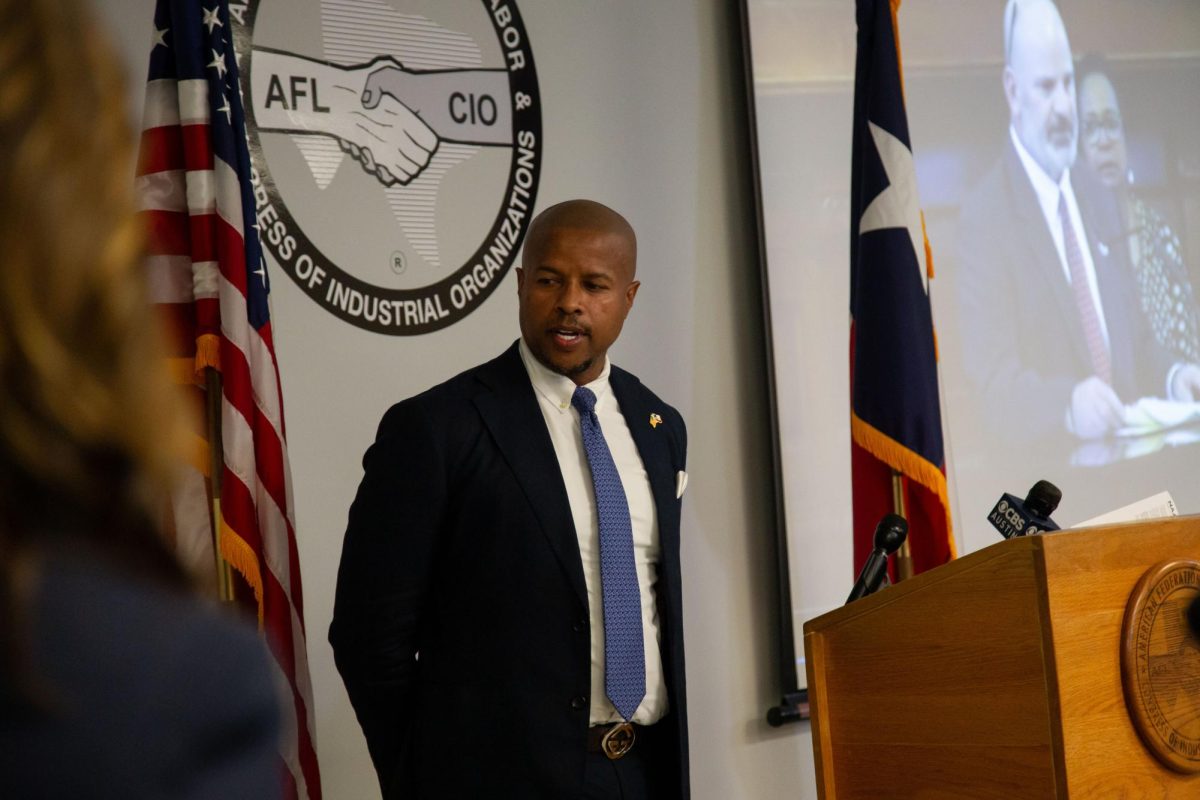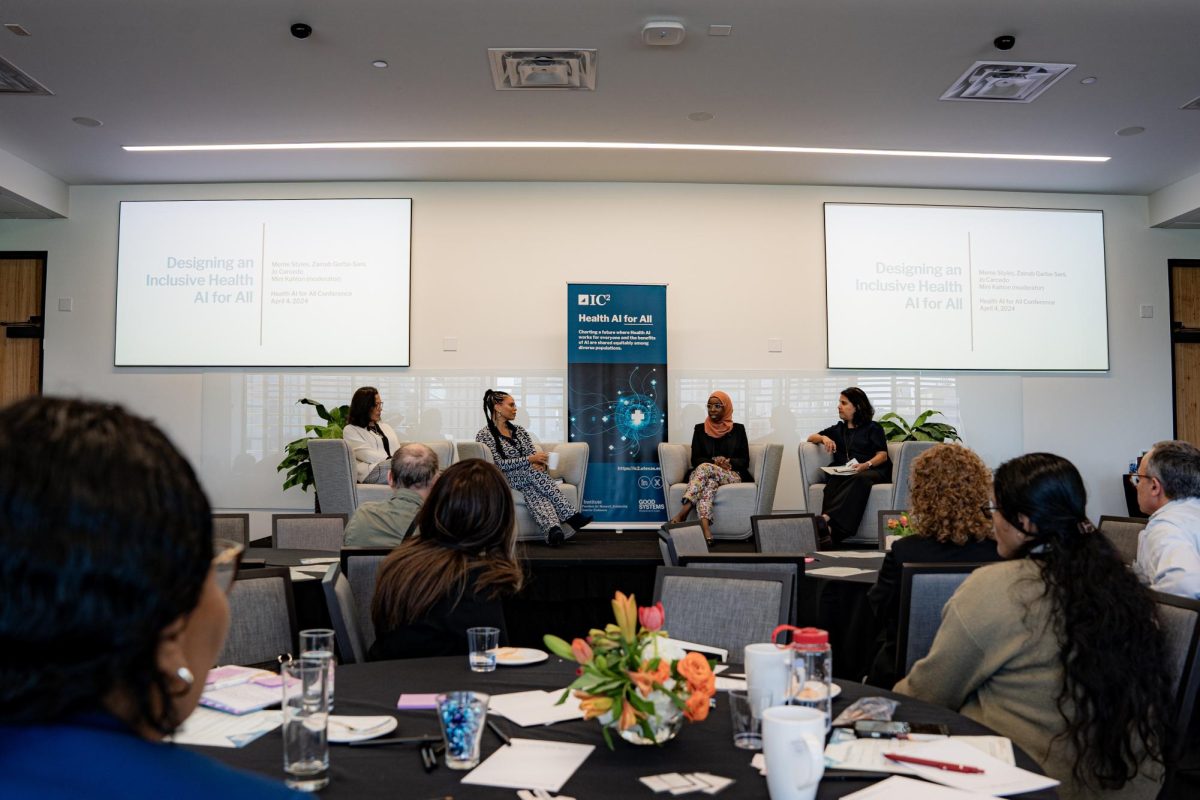Black students are more likely to support affirmative action and desegregation policies than white students, according to a recently released UT study.
The study, conducted in 2008, took the student population of a well-integrated Midwestern high school and split it in half, showing one group an affirmative action plan and the other a desegregation plan for the district. The object of the study was to find which factors correlated to a students support for either of the policies.
The most indicative factor was a students level of awareness, said psychology professor Rebecca Bigler, who led of the study.
How much a student knows about current inequalities and how the student explains these inequalities is the most important factor in deciding how the student will react to policies involving affirmative action, Bigler said.
Students, black or white, who attributed these inequalities to racism also supported affirmative action policies in three out of four cases, she said. But those who attributed the inequalities to other causes, such as laziness, showed much lower support for such policies. Bigler cites a lack of proper conversation at home as the primary cause.
White people generally adopted a colorblind philosophy [when dealing with race], but the problem is that when they dont talk about it with their kids and the kid notices it, the kid has to explain it for herself, she said. And often their conclusions are not based on reality or fact.
These findings didnt surprise associate sociology professor Keith Robinson.
[White parents] see it as a way forward, where race is no longer an issue, which is a good thought, but there has to be a healthy way to get there, Robinson said. And the healthiest route is where were all walking together.
People think desegregation has been achieved because of Brown vs. Board of Education, however, schools are still as bad as they were in 1965, Robinson said.
Robinson said open conversation is the first step to achieving true equality.
Weve been reluctant to sit down and talk about racial relations as they stand today, he said. And its not just one conversation we need to have. It needs to be a conversation amongst all U.S. citizens, until were no longer afraid to talk about race.



















